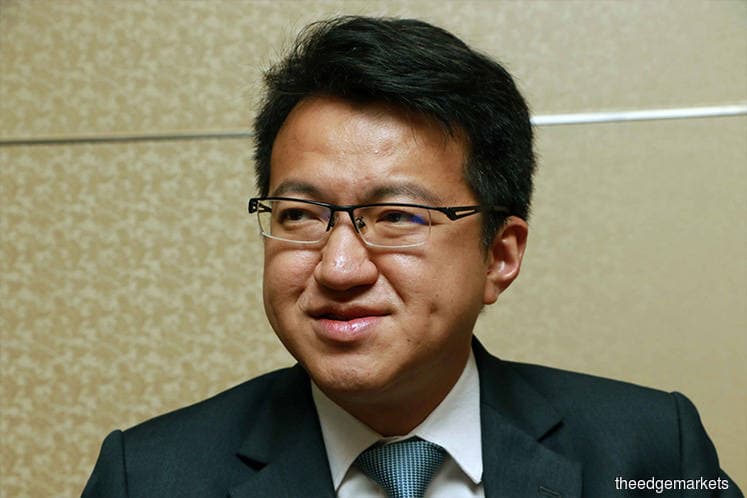
This article first appeared in The Edge Financial Daily on October 24, 2018
KUALA LUMPUR: The decision to abolish the death penalty was not taken suddenly but was a bipartisan process that had been a long time in the making, said Deputy Defence Minister Liew Chin Tong. While the government recently announced it is looking to abolish the death sentence, creating a public controversy, Liew noted members of the previous cabinet had told him that the cabinet ministers and government officials are aware that the death penalty is not an effective deterrent.
However, the previous government did not want to deal with the prevailing public opinion that “an eye for an eye” approach stood for justice, he said.Referring to his involvement in the campaign to abolish capital punishment since 2011, Liew said he assisted then minister Datuk Seri Nazri Aziz in organising a cross-party parliamentary roundtable on abolishing the death penalty.
“The roundtable further strengthened my conviction that the death penalty in itself does not have a significant deterrent effect. In my view, police reform is the most important method to curb crime and deter criminal acts,” Liew said in an article on the topic. “I had talked to several retired judges sharing their psychological struggles when passing the death sentence. It is a huge psychological burden to make the call to end a person’s life, even in the course of duty. It weighed on the judges’ conscience, so much so they had to pray and deliberate for days to make the right decision.”
From 1960 to February 2011, there were 411 death row prisoners, of which 228 cases involved drug trafficking, murder (78), illegal possession of guns (130), declaring war on the head of state (4), and kidnapping (1), he said.